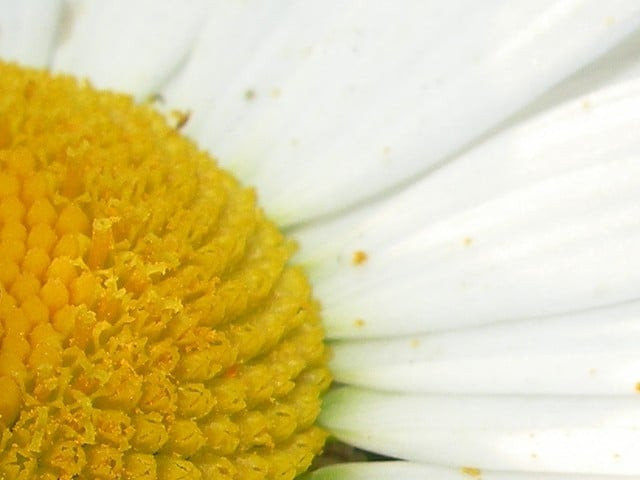Pollen allergy: CDA reluctant to get rid of capital’s ‘most invasive’ allergen
As doctors point fingers at paper mulberry, authority unwilling to cut trees.

With the Capital Development Authority (CDA) as obstinate as ever, doctors on Saturday expressed concern over the abundance of paper mulberry trees that are responsible for a majority of allergy cases in the capital.
The male paper mulberry tree makes more than 90% of the total pollen count in Islamabad. The allergies caused by pollen from this tree often result in severe asthma and other complications.
For the last 20 years, the non-contagious seasonal illness has been increasing in intensity, said Dr Zaman Awan, former head of pulmonology department at Pakistan Institute of Medical Sciences (Pims) Islamabad.
Polyclinic Hospital alone receives around 150 patients suffering from pollen-allergy daily, according to the hospital spokesperson. Dr Asadullah Nemati, a chest specialist at the Pakistan Institute of Medical Sciences (Pims), said he gets more than 60 patients in the outpatient department daily.
Majority of paper mulberry trees are planted along drains in the capital in prominent areas and though environmentalists like Shadmeena Khan with Himalayan Wildlife Foundation have urged the Capital Development Authority (CDA) to chop down the trees, they have refused. “They say the CDA would be seen as enemies of green peace if they (the CDA) would cut these trees,” Khan said.
But the doctors fear the prolonged presence of male paper mulberry trees would make more people allergic.
“By not cutting these and letting them grow unchecked, the CDA is actually making more people potential victims,” said Dr Awan. He added that currently about 10 to 12% of people in Islamabad is affected by pollen allergy.
Supporting Dr Awan’s view, Shadmeena Khan argues that a majority of the capital’s residents are unaware about the nature of the trees and they can be replaced with safer plants.
Talking to The Express Tribune, World Health Organisation Global Alliance against Chronic Respiratory Diseases adviser Dr Mohammad Osman Yusuf said that “paper mulberry has been listed as among the most invasive and undesirable plants by the International Union for Conservation of Nature and Natural Resources (IUCN).”
He added that many trees cut by the CDA, especially in the exhibition area near Faizabad, were not paper mulberry trees but were in fact the much more valuable pine and sheesham trees. This facilitated the ban on cutting trees, a situation which has never been resolved by the concerned authorities, he added.
CDA spokesperson Ramzan Sajid argued that paper mulberry is not the only tree contributing to allergens in the air. He conceded that there are currently many paper mulberry trees in Islamabad, but they are not being cut down for fear that the city will lose its “renowned” greenery.
The seeds of these trees, he said, were thrown from helicopters when Islamabad was being planned, which is why they are in such an abundance.
Published in The Express Tribune, March 25th, 2012.



















COMMENTS
Comments are moderated and generally will be posted if they are on-topic and not abusive.
For more information, please see our Comments FAQ